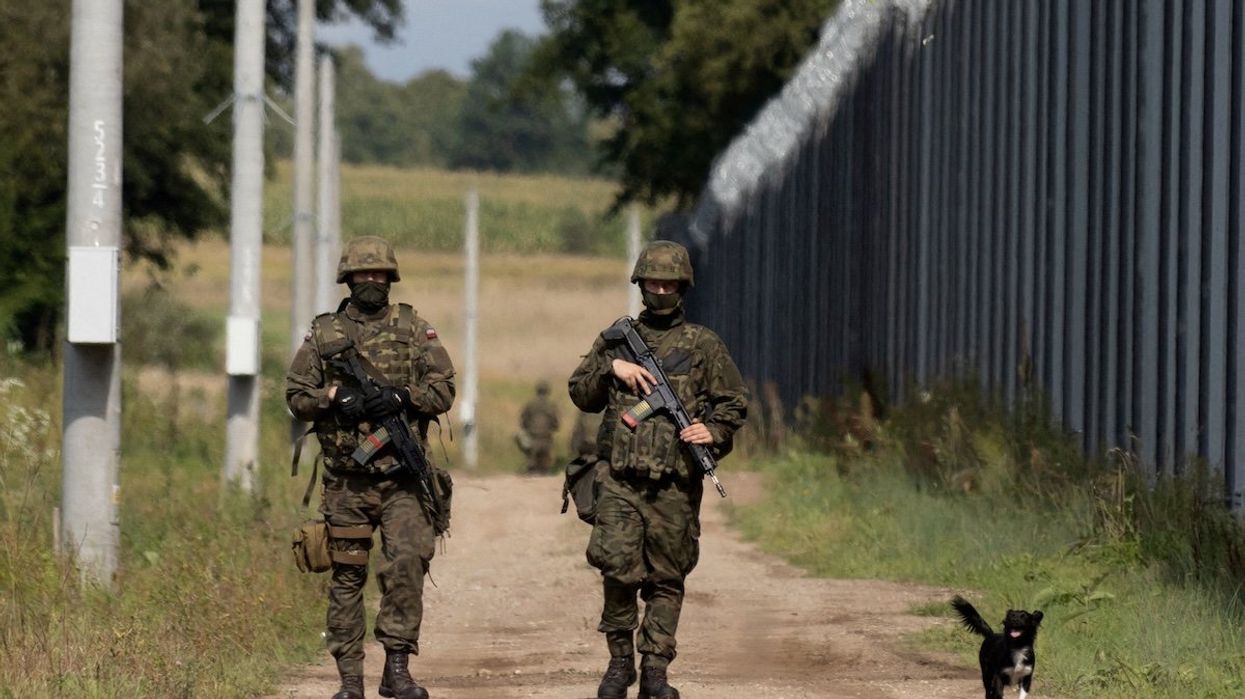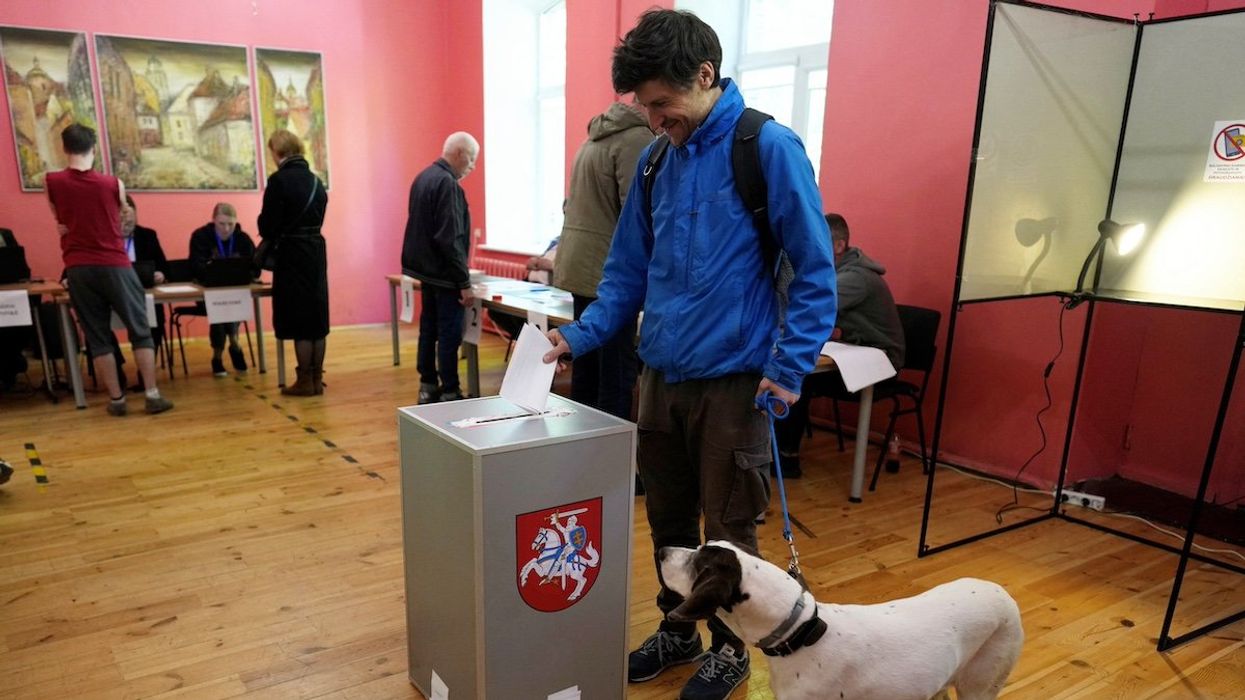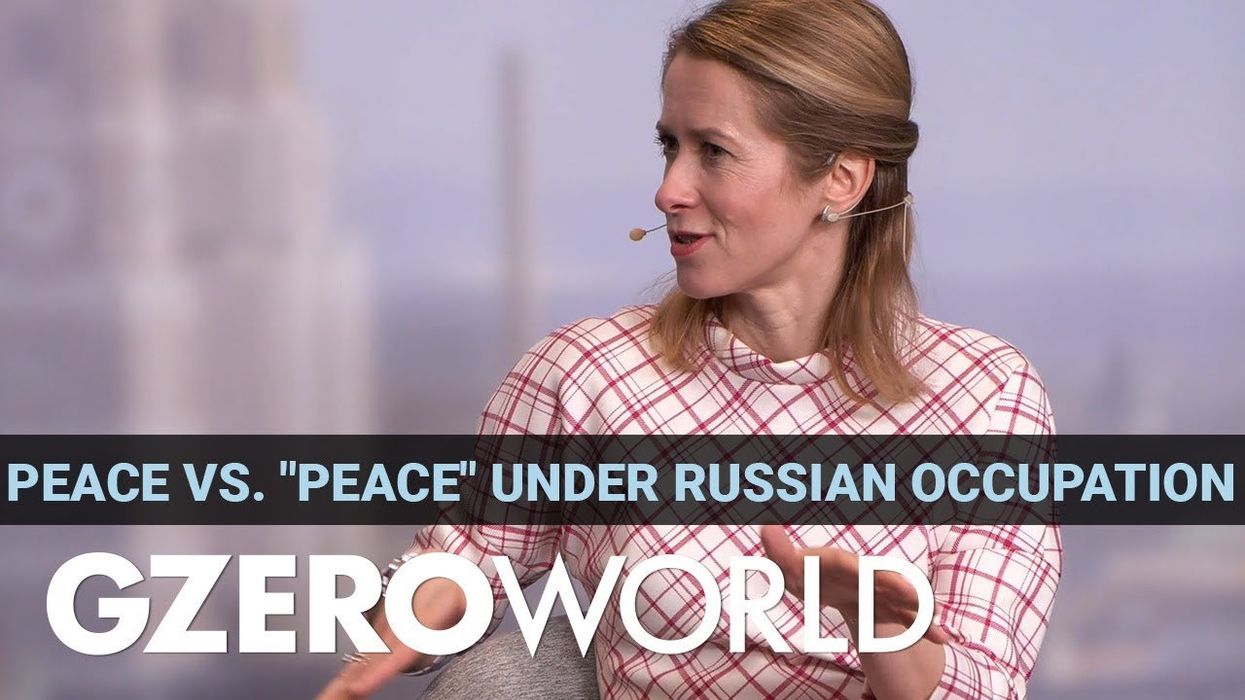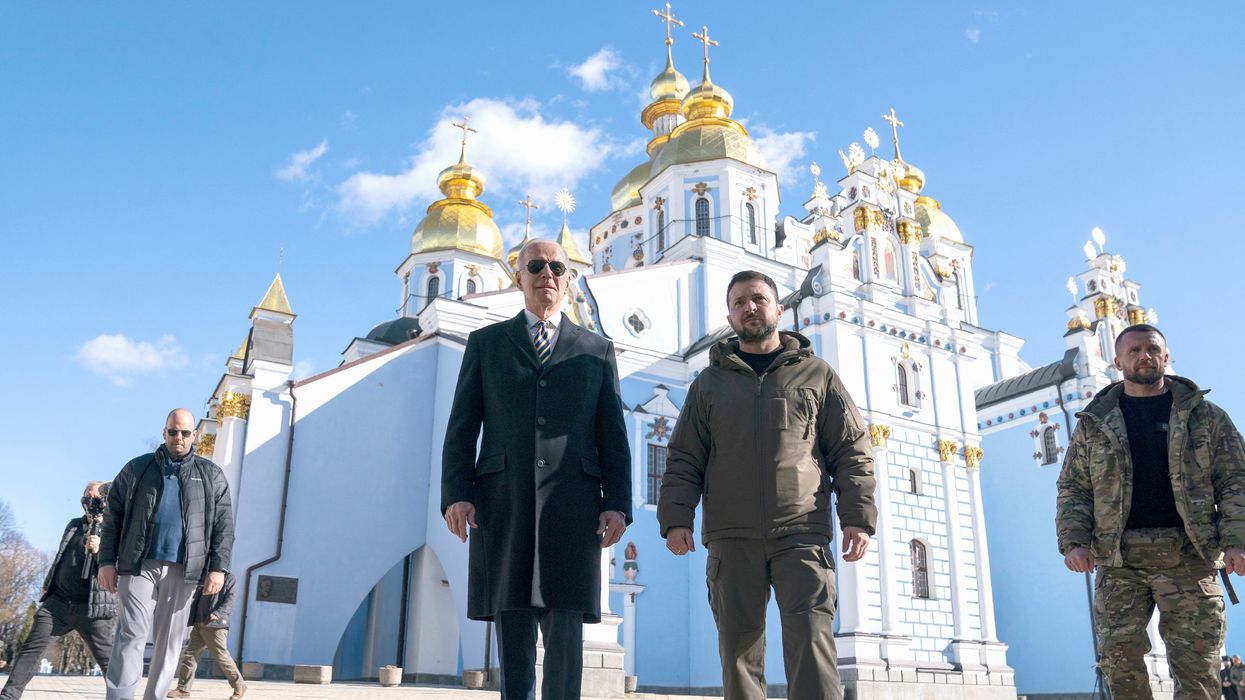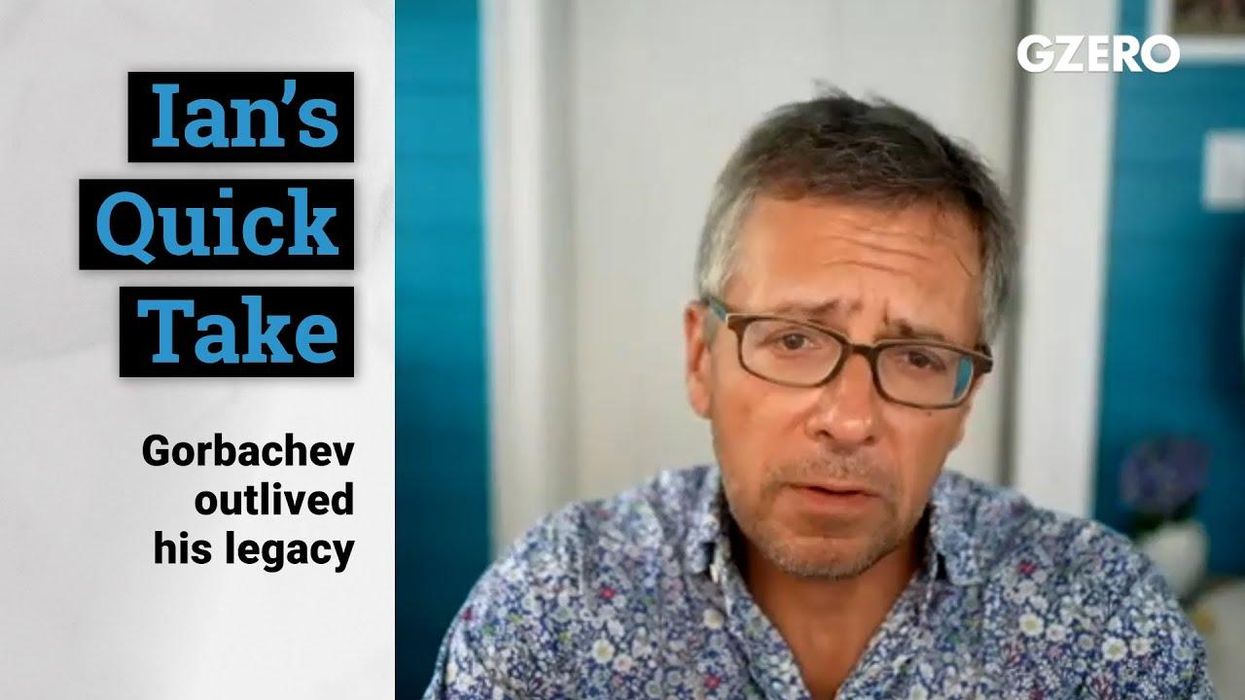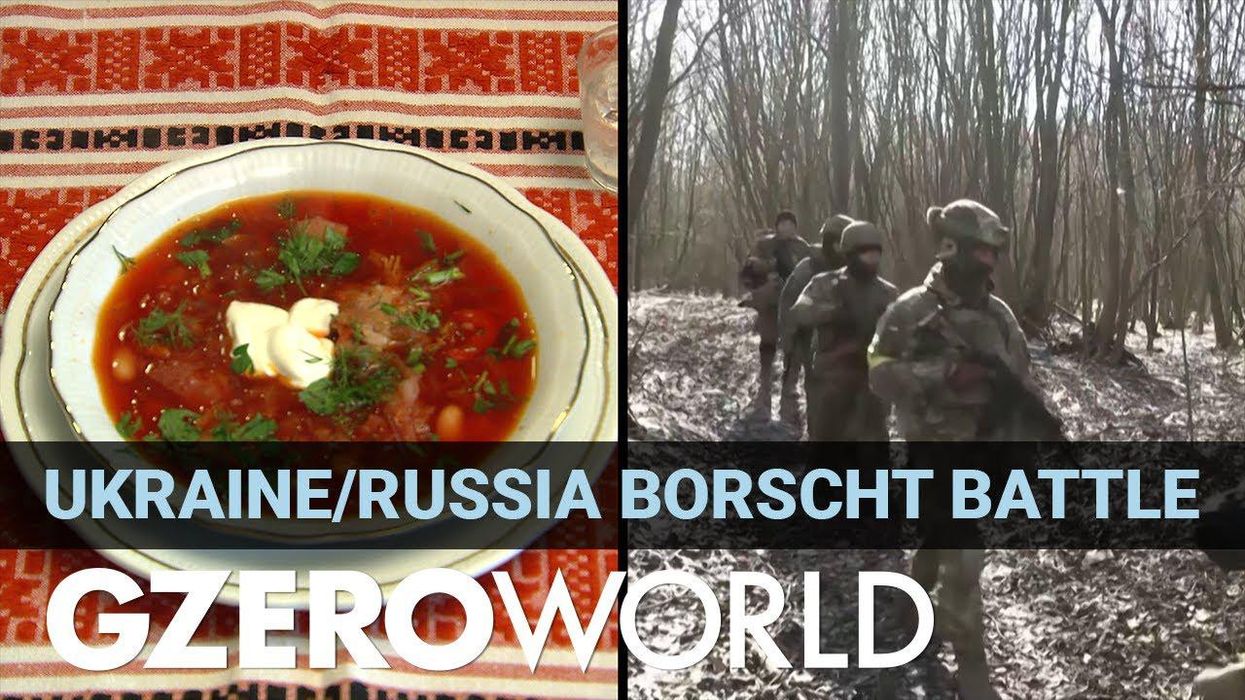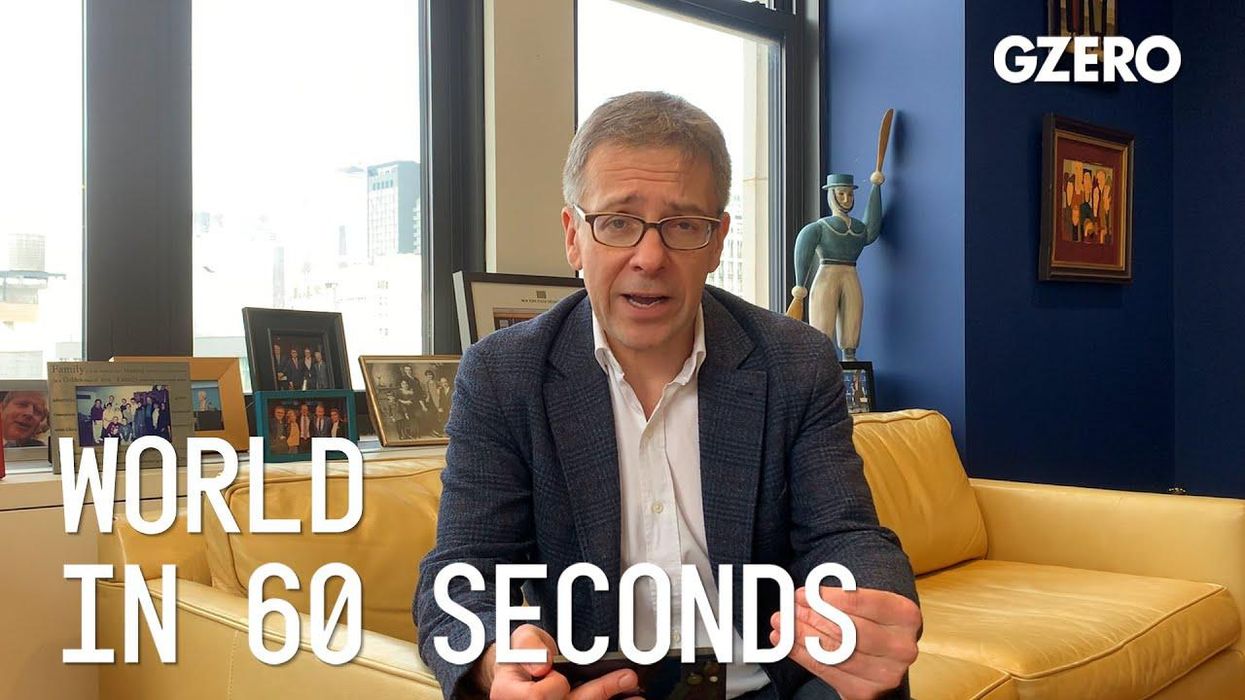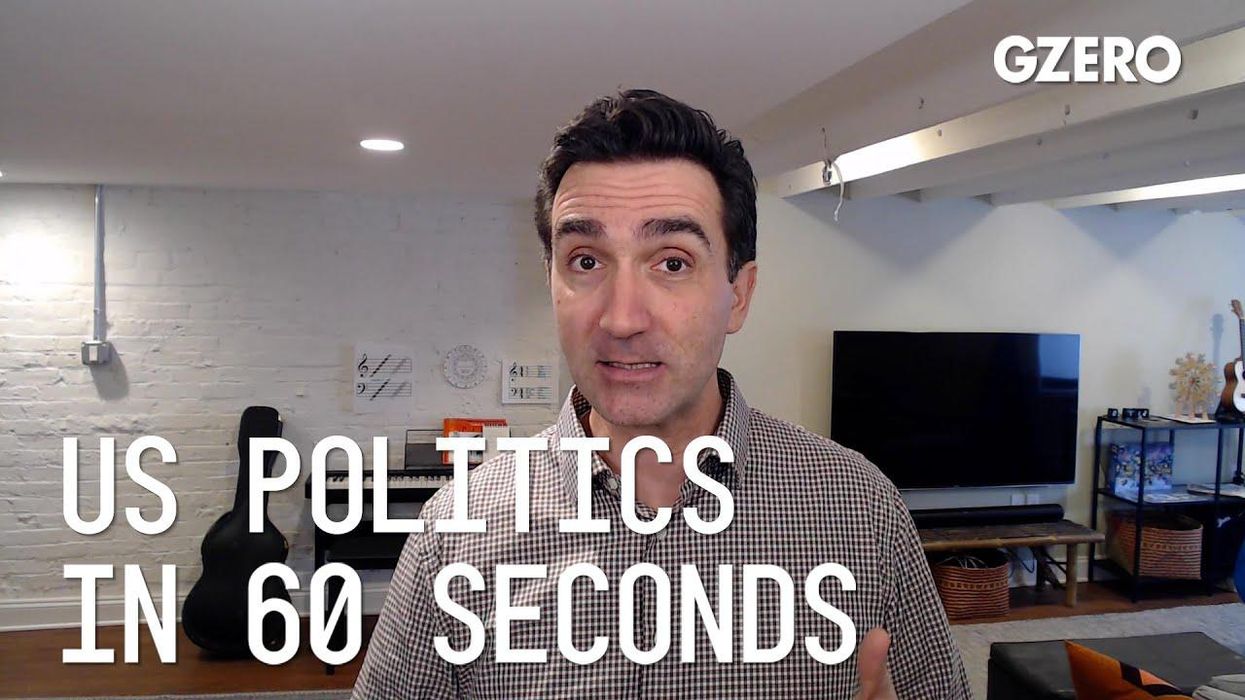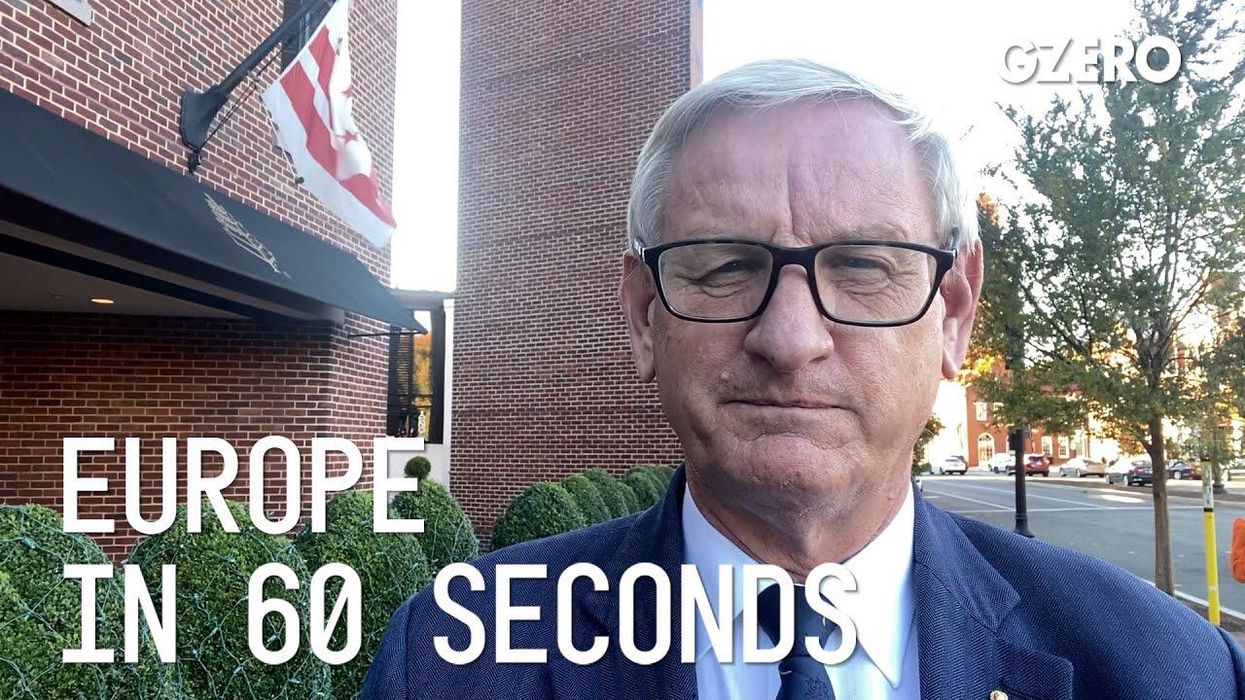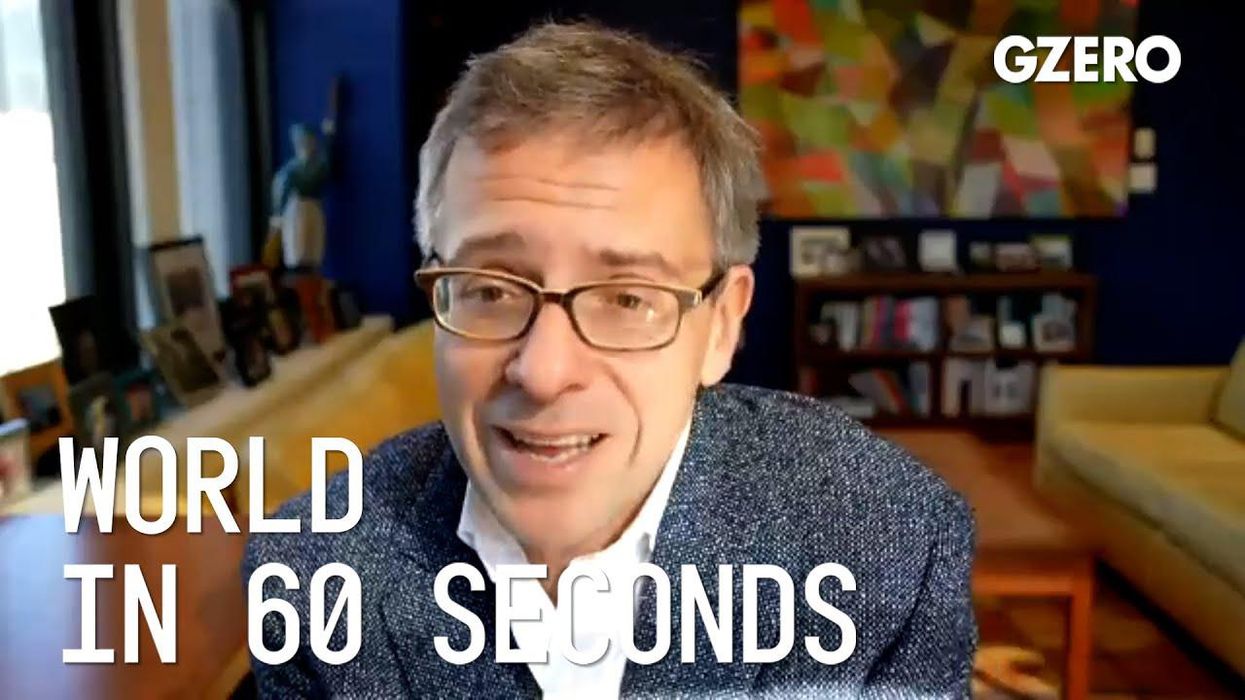What We're Watching
Poland boosts defenses, Lithuania secures leadership win
Faced with cyberattacks, arson attempts, and a migrant crisis manufactured by Minsk, Poland said Monday that it will spend US$2.5 billion on the Shield-East system to beef up its 700-kilometer eastern border with Russia and Belarus.
May 27, 2024
